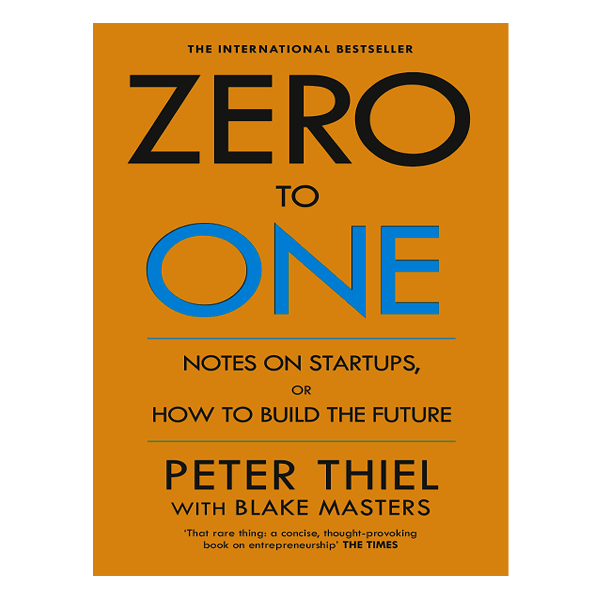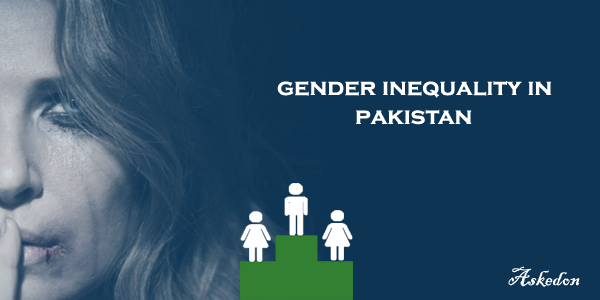Education being treated as a business has become a prevalent and contentious issue in contemporary society. While some argue that market-oriented approaches can enhance efficiency and innovation in education, there are significant drawbacks to this commodification of knowledge. This critique explores the negative implications of viewing education solely through a business lens, addressing concerns related to accessibility, quality, the narrowing of curriculum, the impact on educators, and the erosion of the intrinsic value of learning.
Firstly, the commercialization of education often results in decreased accessibility, as institutions prioritize profit over providing affordable learning opportunities. This creates a socio-economic divide, limiting access to quality education for marginalized communities and perpetuating inequality. Education, as a fundamental right, should not be contingent on one's financial capacity, and the market-oriented model exacerbates this challenge.
Secondly, the emphasis on profits may compromise the quality of education. When educational institutions prioritize financial gains, there is a risk of cutting corners, and reducing investment in qualified faculty, resources, and infrastructure. This compromises the overall learning experience and undermines the educational outcomes that should be the primary focus of any learning institution.
The third concern revolves around the narrowing of the curriculum. In a business-driven education system, there is a tendency to prioritize fields that promise higher financial returns, often neglecting essential disciplines that may not be as commercially lucrative. This not only limits students' exposure to a well-rounded education but also stifles creativity and innovation, as students may be discouraged from pursuing less economically viable interests.
Moreover, the commodification of education negatively impacts educators. The shift towards a business model often translates into treating teachers as service providers rather than professionals. This can result in precarious employment conditions, reduced academic freedom, and increased pressure to prioritize revenue-generating activities over the holistic development of students.
Lastly, the commercialization of education risks eroding the intrinsic value of learning. When education becomes a commodity, the focus shifts from acquiring knowledge and skills for personal and societal development to viewing education as a transaction for future economic returns. This undermines the broader purpose of education, which should encompass personal growth, critical thinking, and the cultivation of well-rounded individuals capable of contributing meaningfully to society.
In conclusion, while there are arguments in favour of treating education as a business, the consequences outlined above underscore the importance of preserving education as a public good. Balancing economic considerations with the broader societal goals of accessibility, quality, and the holistic development of individuals should be at the forefront of educational policies to ensure a sustainable and equitable future.
Naveed Ahmed MPhil scholar







0 Comments